Nahdatul Ulama (NU) and Muhammadiyah, the two largest Islamic organizations in Indonesia, approach environmental ethics through the lens of Islamic teachings, which emphasize stewardship (khalifah) and care for creation as an integral part of faith. Both organizations promote sustainable living, environmental justice, and ecological balance as part of their religious duties.
NU’s perspective on environmental ethics is firmly rooted in traditional Islamic jurisprudence (fiqih) and local wisdom. It emphasizes the principle of maslahah (public benefit) and advocates the protection of natural resources as a mandate from God[1]. NU integrates environmental concerns into its religious education, calling for responsible resource use and addressing environmental degradation as a moral and spiritual crisis. Meanwhile, Muhammadiyah approaches environmental ethics through a modernist interpretation of Islam, focusing on the Qur’an and Hadith. The organization promotes rahmatan lil ‘alamin (mercy for all creation), emphasizing social responsibility and the interconnectedness of all living beings. Muhammadiyah actively conducts environmental campaigns, including renewable energy projects and efforts to reduce waste, aligning their actions with the wider ecological movement[2]. Both organizations underscore the importance of integrating faith with environmental conservation, encouraging Muslims to act as stewards of the earth and address ecological challenges as part of their commitment to Islamic values.
However, in an unprecedented move that has angered climate activists, the government has made an “affirmative” policy to grant mining management rights to Indonesia’s largest Islamic organizations[3], Muhammadiyah and Nahdatul Ulama (NU), which have accepted mining concession offers from the Joko Widodo administration. NU was the first to announce its acceptance of the offer in June, arguing that the concessions would fund social and religious activities. Then, at a ‘national consolidation’ forum in July, Muhammadiyah accepted the offer on the grounds that it would allow for better mining practices that are in line with religious values.
NU will manage coal mines previously controlled by Kaltim Prima Coal (KPC). Muhammadiyah is still waiting for confirmation of the concessions from the government, which has previously announced that it will grant six concessions previously controlled by KPC, namely PT Arutmin Indonesia, PT Kendilo Coal Indonesia, PT Adaro Energy Tbk, PT Multi Harapan Utama, and PT Kideco Jaya Agung[4].
When Grassroots Starts Questioning the Environmental Ethics of Both
The move to accept mining concessions has drawn much criticism, and has created real tensions within NU and Muhammadiyah. A nationwide grassroots campaign led by supporters of former NU chairman Abdurrahman Wahid, the Gusdurian Network, has denounced NU’s participation in coal mining as unethical due to its detrimental effects on the environment and society. Similarly, Professor Busyro Muqoddas, a former KPK commissioner and a member of Muhammadiyah’s central leadership, has openly expressed his disapproval of mining concessions. He mentioned the dangers to the environment, but he was also concerned that the concessions would lead to land disputes and violations of human rights.
Other groups within Muhammadiyah have also expressed concerns. Aisyiyah, the women’s wing of Muhammadiyah, rejected the offer primarily because of its detrimental environmental impacts, in line with Muhammadiyah’s Promise of Progressive Islam. The Muhammadiyah Regional Leadership of South Kalimantan, a resource-rich and predominantly Muslim region, has also criticized the decision to accept mining concessions because of the negative environmental impacts of mining activities in the province.
It is unfortunate that NU and Muhammadiyah leaders have reacted strongly to the criticism – even using anti-communist rhetoric and climate denial to justify their controversial decisions.
A prominent figure in the NU Executive Board, Ulil Abshar-Abdalla, has criticised the rejection of mining concessions as being ideologically motivated towards the mining sector, rather than based on fiqh (Islamic legal reasoning). Ulil accused critics of being ‘worried’ and “mistakenly regarding” coal as a ‘dirty industry’ rather than a ‘gift from God’.
Muhammadiyah chairman Professor Haedar Nashir went further, accusing critics of coal mining of being influenced by “Leftist NGO ideology”, which he saw as a threat to Muhammadiyah’s moderate Islamic stance, citing the leftist group’s hatred of the Indonesian government and oligarchy. He argued that the so-called ‘leftist NGO ideology’ was something Muhammadiyah should avoid, especially when it came to natural resource management.
Outright rejection of progressive environmental and climate policies is common among right-wing movements in Europe. Interestingly, in Indonesia, their anti-science rhetoric has been largely echoed by mainstream Muslim leaders. Elites within NU and Muhammadiyah have faced criticism from their ranks for accepting coal mining concessions, and a new ideological struggle has opened up between progressive and conservative elements within the two organizations. This struggle is no longer dominated by Islamic jurisprudence and theology, but is now focused on mining concessions. Accepting these concessions suggests that conservatives may be on the wrong side of history.
Affirming the Application of Environmental Ethics: Regaining Public Trust
The involvement of religious organizations in the mining industry in Indonesia presents a moral dilemma. First, the activities of religious organizations are usually based on religious values so that they are considered by society as moral guardians. Religious organizations become a balancing force when political or corporate power carries risks that can harm society, such as customary land rights, corruption, and forest destruction. The involvement of religious organizations in mining places them as actors in exploiting nature with various negative impacts, even though religious organizations are expected by society to voice criticism and control mining practices.
Islamic ethics provided by the principles of Islamic law are the foundation for Muslims to face their daily activities. Ethical references in Islam are considered part of religious obligations. In Islam, there is no separation between spirituality or religion and worldly activities. Mining activities related to the public are subject to ethical principles in Islam. Therefore, the moral dilemma faced by Islamic organizations in handling mining concessions granted by the Government can be analyzed using the principles of Islamic law, because the facts of law and ethics are closely intertwined in Islam.
The principles of Islamic law in the rules of Islamic law and maqaṣid al-shari’a can be used to bridge the ethical dilemmas of the environment in mining concession issues. The ethical dilemmas of the environment arising from the potential exploitation of workers and environmental impacts must be addressed based on the principles of Islamic law. These principles can be used to ensure how civil society organizations are prepared for a blueprint for fair distribution of mining proceeds that considers the welfare of society and the environment. The application of these rules helps maintain the integrity of the organization. Transparency in financial and operational reporting ensures that all actions are accountable, reducing the risk of corruption and abuse of power.
According to the above description, the rules of fiqh and maslahah can act as moral references for the shari’a in navigating moral dilemmas related to mining utilization. First, the rules of fiqih provide general principles to address dilemma situations where opportunities for development through the exploitation of nature must also be considered along with the risks inherent in the exploitation process. Determining the attitude of accepting an offer to engage in the mining industry can be weighed using the rules of fiqh related to moral choices.
There are relevant fiqh principles in resolving this dilemma, such as al-ḍarar yuzal (harm must be avoided) and taṣarruf al-imam manuṭ bi al-maṣlaḥa (government policy must be based on maṣlaḥa)[5]. The first principle emphasizes efforts to avoid risks in development. Instead, these efforts require the principles of justice (al-‘adl) and public interest (al-maṣlaḥa al-‘ammah) as the basis for designing policies and regulations for fair and sustainable mining governance. This includes the design of labor rights, environmental protection, and profit distribution. These principles ensure that policies and regulations are strictly adhered to. Strong supervision and law enforcement are needed to ensure that all parties comply with the established rules so that the benefits of the mining industry are distributed evenly.
The second principle emphasizes that public policy cannot be separated from the public interest as its priority. Maqasid al-shari’a (objectives of Islamic law), with maṣlaḥah (public good) as its core, is seen as the most practical Islamic ethical framework for addressing the development of science and technology. The five principles of maqasid al-shari’a are seen as more comprehensive than other principles, such as the principles of biotechnology[6]. There are five maqasid al-shari’a that are the basis for understanding the ethical orientation of Islamic law, namely protecting religious values, protecting life, protecting honor, protecting reason, and protecting property. Currently, hifẓ al-bi’ah (environmental protection) is emphasized as one of the basic values in Islamic science, as stated by Yusuf al-Qardlawi[7]. This has received support from academics, so that environmental protection has become the sixth objective of Islamic law[8]. By applying the principles of maṣlaḥah at every stage of mining activities, religious organizations can decide their involvement to build a more transparent, balanced, and accountable structure. This ensures that mining activities bring maximum benefits to communities and the environment and helps religious organizations navigate ethical challenges and achieve a balance between economic and moral interests.
NU and Muhammadiyah agree that the issue of mining management requires serious attention in the field of environment, approach and improvement of community welfare in mining locations. A good approach needs to be taken so that the mining process is carried out as well as possible and does not harm the community in the mining environment, especially local indigenous peoples. Environmental issues need to be a concern and a measurable policy so that readiness is needed in the implementation until the final stage of mining that takes into account environmental aspects.
[1] Qodir, Z. (2012). “Environmental Conservation Based on Islamic Theology: A Nahdlatul Ulama Perspective.” Journal of Islamic Studies.
[2] Harimurti, S et.al (2024). Efforts to Save the Universe: Muhammadiyah’s Concern for Environmental Conservation. International Journal of Islamic Studies – Vol.36, No. 1
[3] Abshar-Abdalla, Ulil. (20 Juni 2024). “Isu Tambang, Antara Ideologi dan Fikih.” Kompas.co.id. Isu Tambang, Antara Ideologi dan Fikih – Kompas.id
[4] Rizky M Umar, Ahmad. (7 August 2024). “Religious coal rush: Why do Indonesian Muslim leaders accept coal mining concessions?.” https://indonesiaatmelbourne.unimelb.edu.au/. https://indonesiaatmelbourne.unimelb.edu.au/religious-coal-rush-why-do-indonesian-muslim-leaders-accept-coal-mining-concessions/
[5] Ali Ahmad al-Nadw ī . Al-Qȃwa’ id al-Fiqhiyyah: Mafh ū muhȃ, Nash’atuhȃ, Tathawuruhȃ, Dirȃsatu Muallafatuhȃ, Adillatuhȃ, Muhimmatuhȃ, Taṭbīquhȃ. (Damascus: Dȃr al-Qalam. 1991): 100, 122 – 123
[6] Shaikh Mohd Saifuddeen, Chang Lee Wei, Abdul Halim Ibrahim and Nor AinaMhd Khotib. “Islamic Ethical Framework to Tackle Scientific and Technological Dilemma.” Journal of Dharma. Vol. 38. No. 4 (October – December 2013): 373-386
[7] Yūsuf al- Qarḍȃwī. Ri’ȃyah al-Bī’ah fi Shari’ah al-Islȃm. (Cairo: Dȃr al-Shurūq. 2001): 20
[8] Choirur Rois, Nur Jannani and Moh. Hoirul Mufid. “Islamic Law Paradigm, responding to Conflict of Interest of economic Development and Ecological Conservation: Hifẓ al-Bi’ah Perspective.” Al-Istinbath. Vol. 9. No. 1 (May, 2024): 193-210
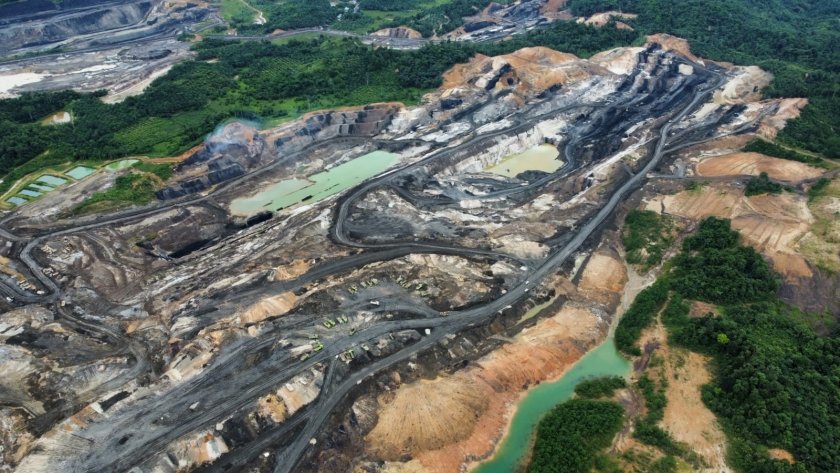
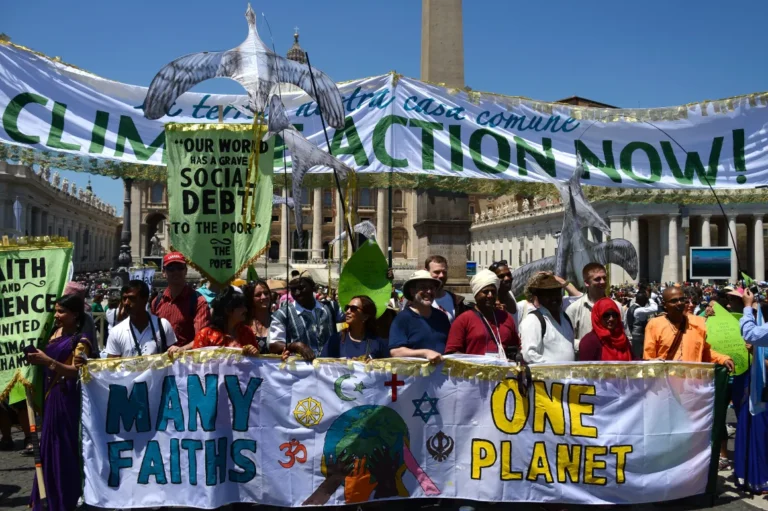
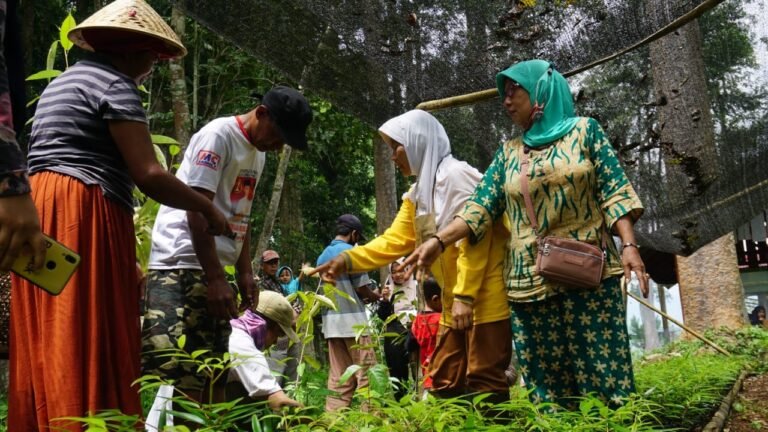
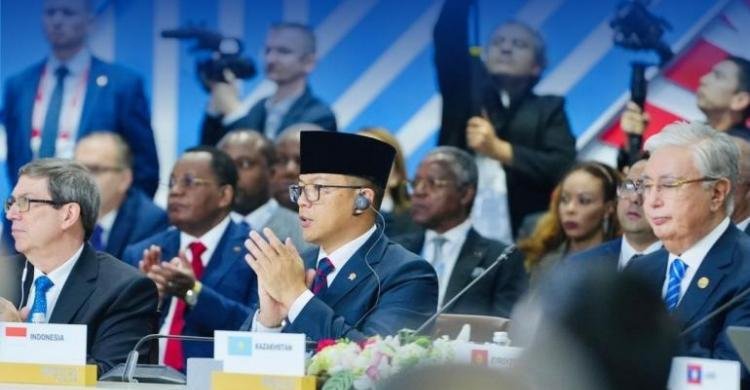
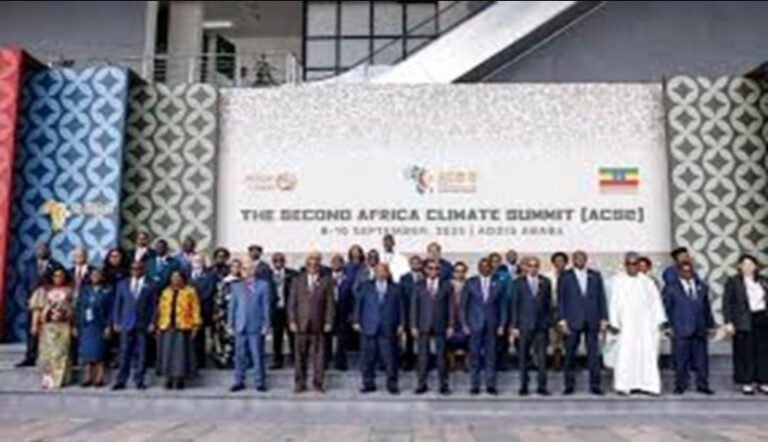


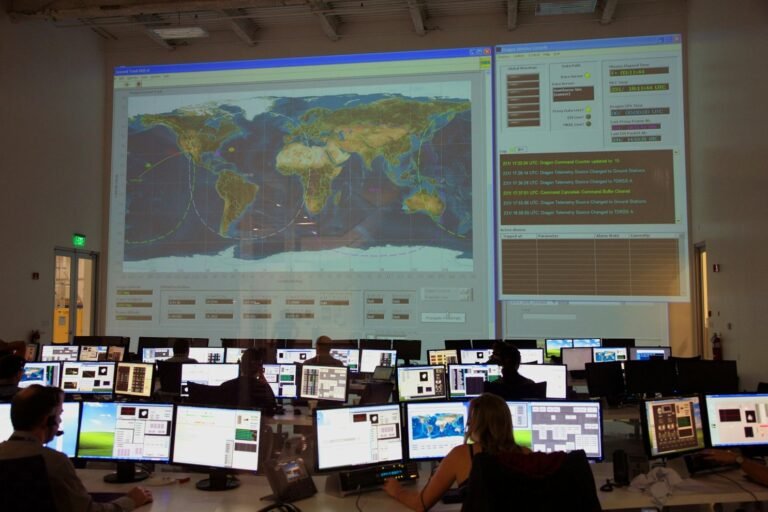
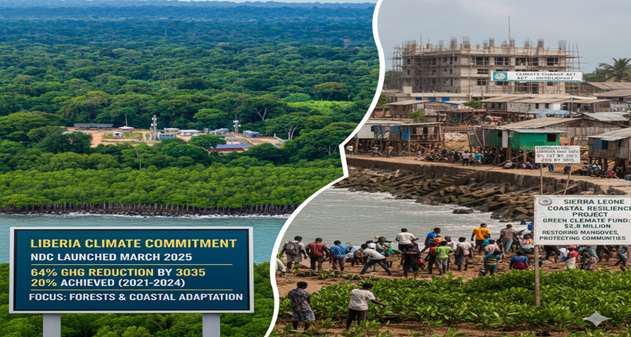
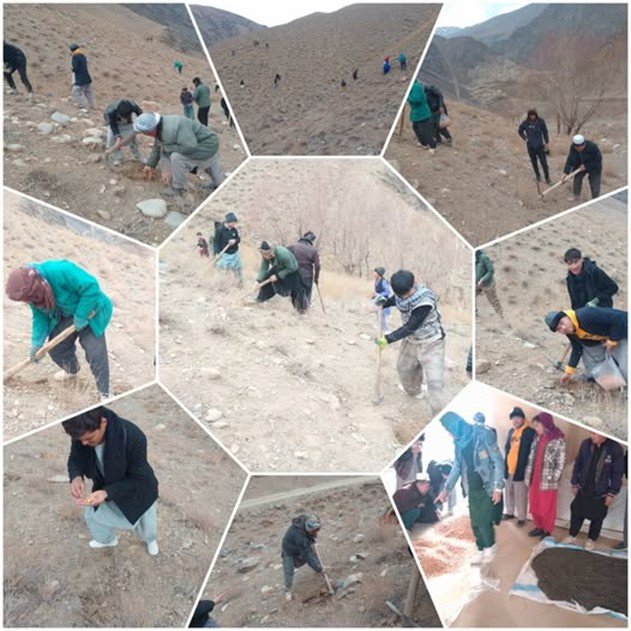
What’s cooking? If you want Jili games, aaajili77 might be your spot. That’s what I mainly go for. Fast withdrawals here. Worth checking for yourself here aaajili77.
xn88 com không yêu cầu KYC phức tạp – đăng ký bằng SĐT hoặc email là có thể chơi ngay. Rút tiền chỉ cần xác minh đơn giản. TONY12-30
91PHLogin is where I go for a bit of fun. Site’s reliable enough and gets me where I need to be. If you’re looking for your fix, try 91phlogin.
789papp is pretty good if you like to play the games on your phone while away. I would suggest trying it out 789papp
Đăng ký tài khoản tại slot365 apk ngay hôm nay để nhận 150.000 VNĐ cược miễn phí – không cần nạp, không điều kiện, rút được luôn! TONY01-29O